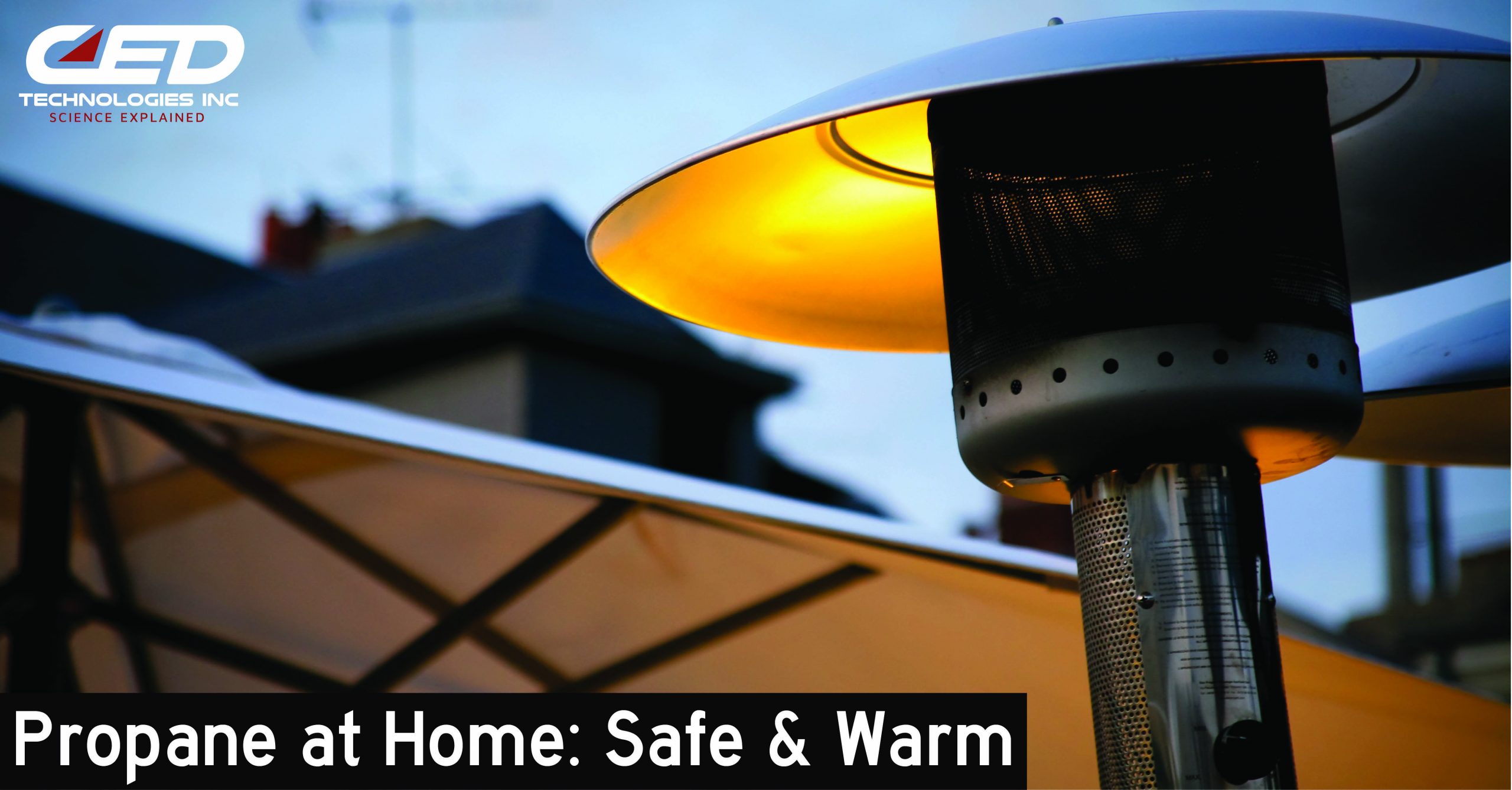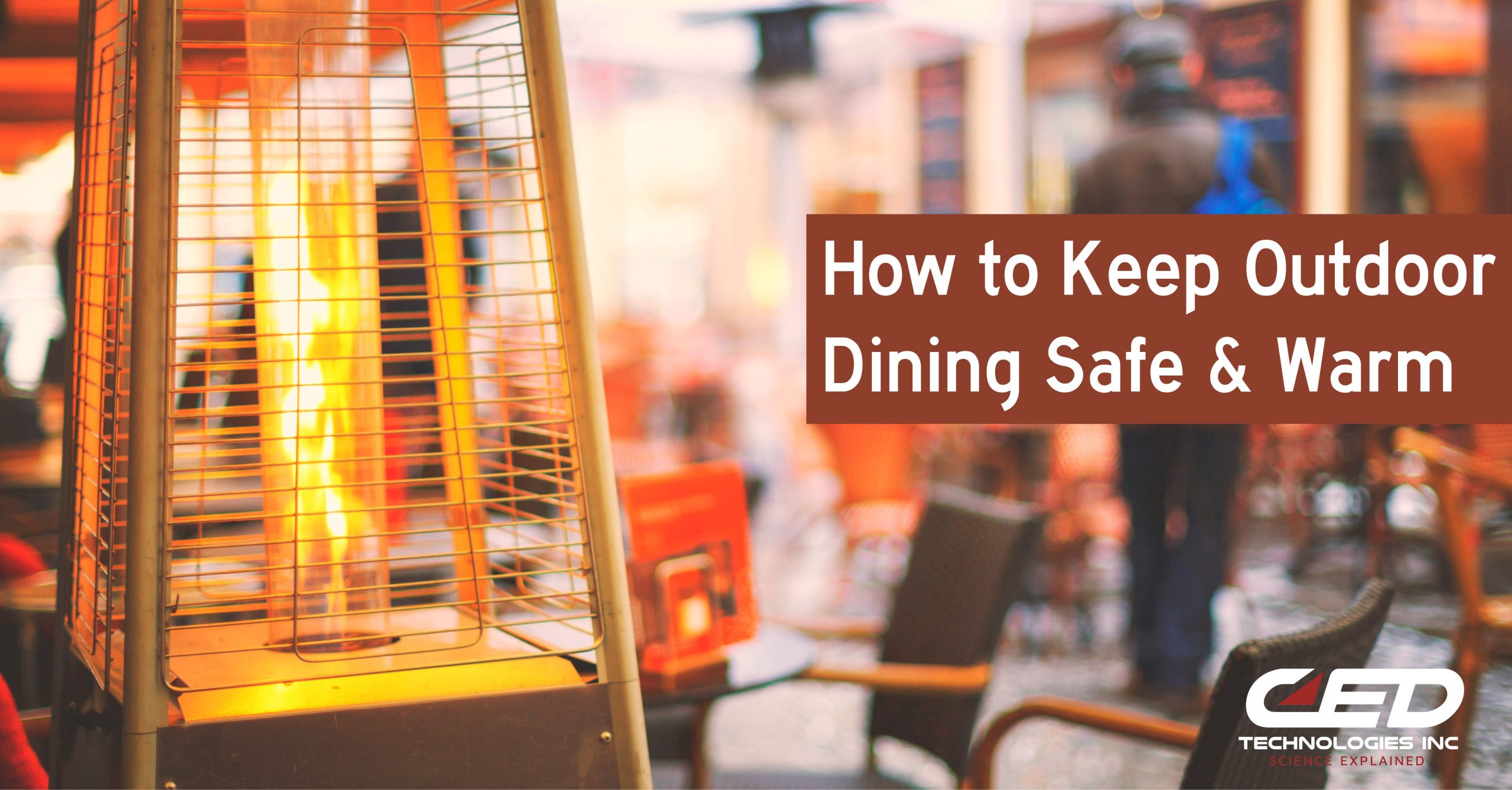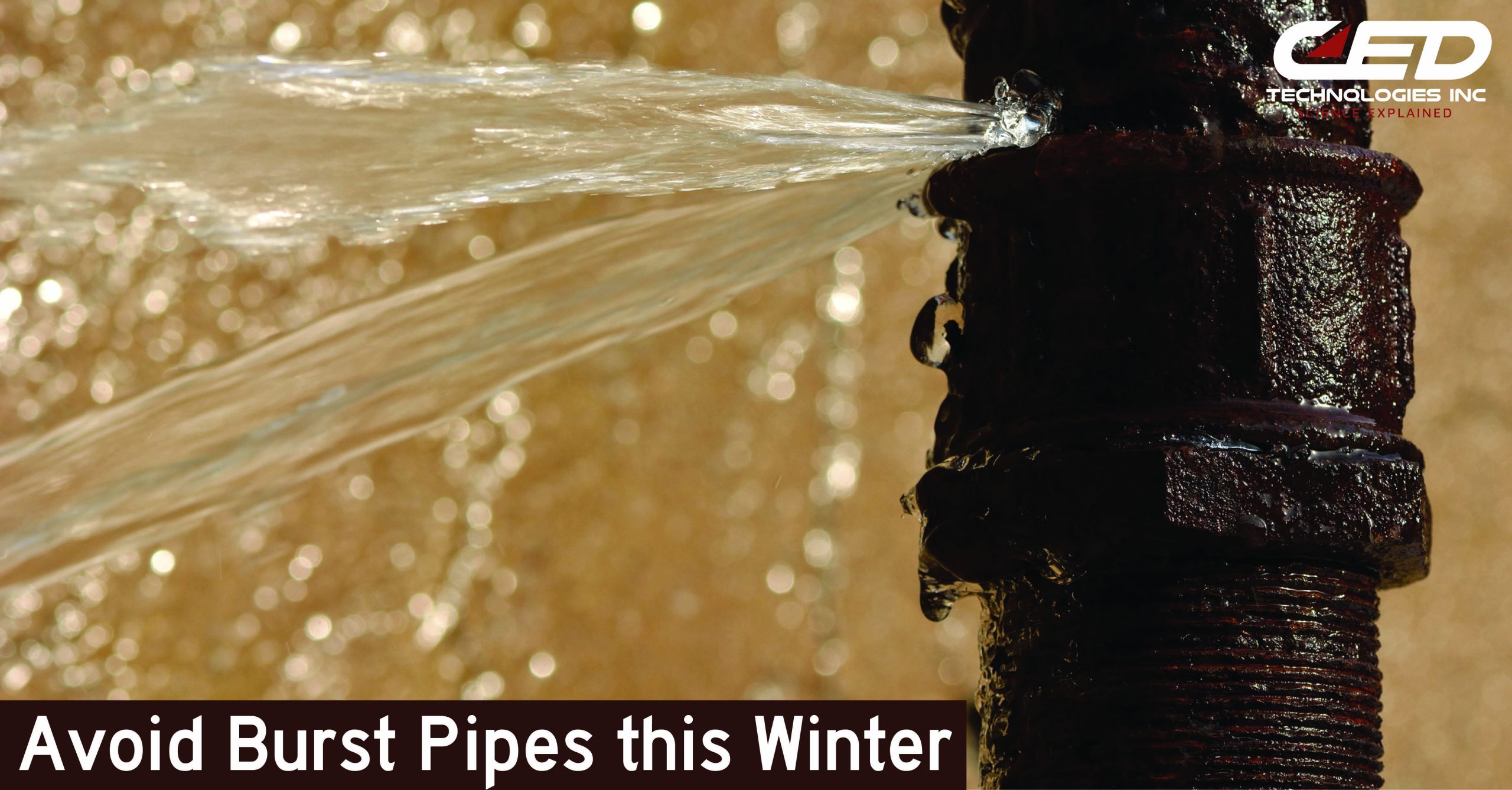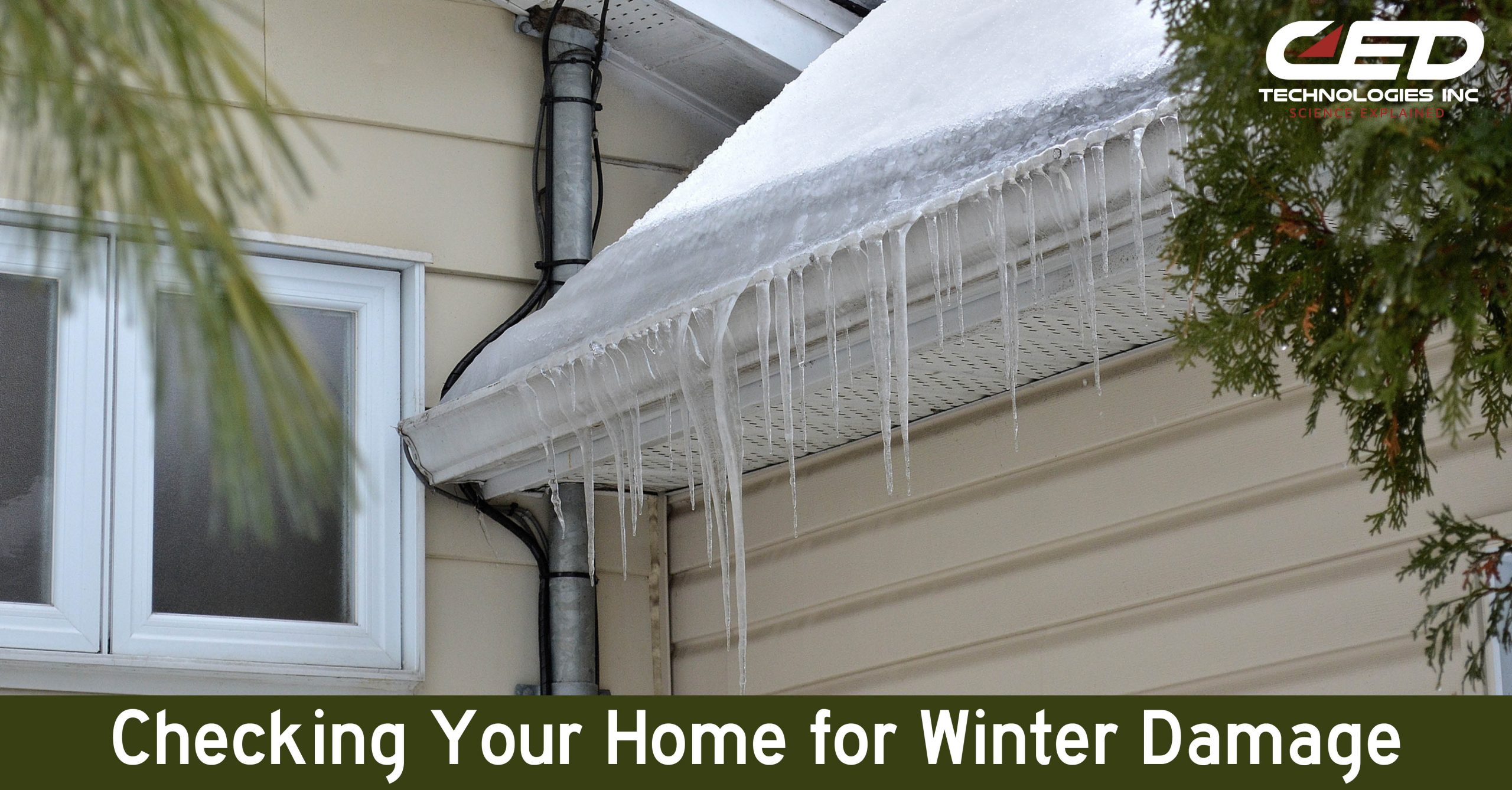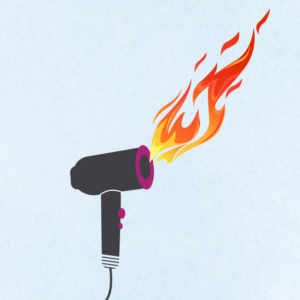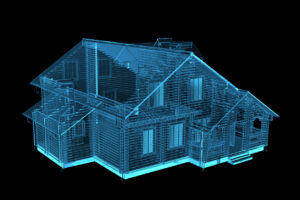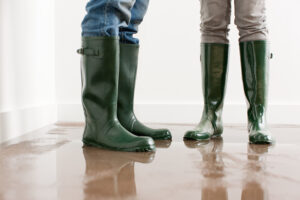With many states in the thick of winter, and outdoor dining the safest solution in most states during COVID-19, you might be hearing more about propane heaters. CED wrote an article on the use of propane heaters for outdoor dining. Indoor propane heaters used at home for temporary heat and with proper ventilation, can be useful for large cold rooms that are not adequately heated, or during temporary power outages. Placed in the backyard, outdoor propane heaters supply comfortable temperatures for chilly nights, allowing for more enjoyment of your yard.
Important things to keep in mind when purchasing in indoor propane heater:
- Indoor propane heaters are intended for temporary use, should never be left unattended, and should be used in a room with adequate ventilation to ensure proper combustion.
- Select a propane heater that is the right size for the space you need to heat and is properly marked for indoor use.
- Buy an indoor propane heater with safety features such as automatic shutoff (in the event of a tip over), a low oxygen sensor, and a coated high-temperature safety guard on the front of the heater.
- Never leave a heater unattended while in use. Turn off the heater each time you leave the room.
- Occasionally check the color of the flames in your indoor propane heater. The proper color of propane flames is blue. If the flames are orange or yellow, stop using the heater immediately. An orange or yellow flame indicates improper combustion resulting in the production of carbon monoxide.
- Install a carbon monoxide detector in your home, close to where you are using an indoor propane heater.
According to propane company Paraco, outdoor propane heaters require a different set of safety factors to remember:
- Outdoor propane heaters require plenty of ventilation – open-air space only, no garages.
- Consider units that emit about 5,000 BTU’s per each 100 square feet.
- Ensure there is a CSA (Compliance Safety Accountability) rating. This means the unit is approved as safe and has passed rigorous standards for use in the USA.
- Look for a residential outdoor heater where the flames are contained within tempered glass or an emitter. This reduces the risk of fire and injury.
For both indoor and outdoor propane heaters, make sure there is enough room for foot traffic around the heaters. Do not use close to combustible materials. Do not let children or pets near the heater, do not leave any flammable items on the heater, and keep the heater away from drapes or rugs.
CED’s engineers have experience reviewing cases involving product liability, like malfunctioning heaters. By following manufacturer’s instructions and keeping proper safety precautions in place, you can enjoy yourself indoors or out while staying safe and warm.
Contact us today or submit a case online!
Click Here To See Our Full List of Experts Click Here To Submit an Inquiry about a possible Claim or Case.
